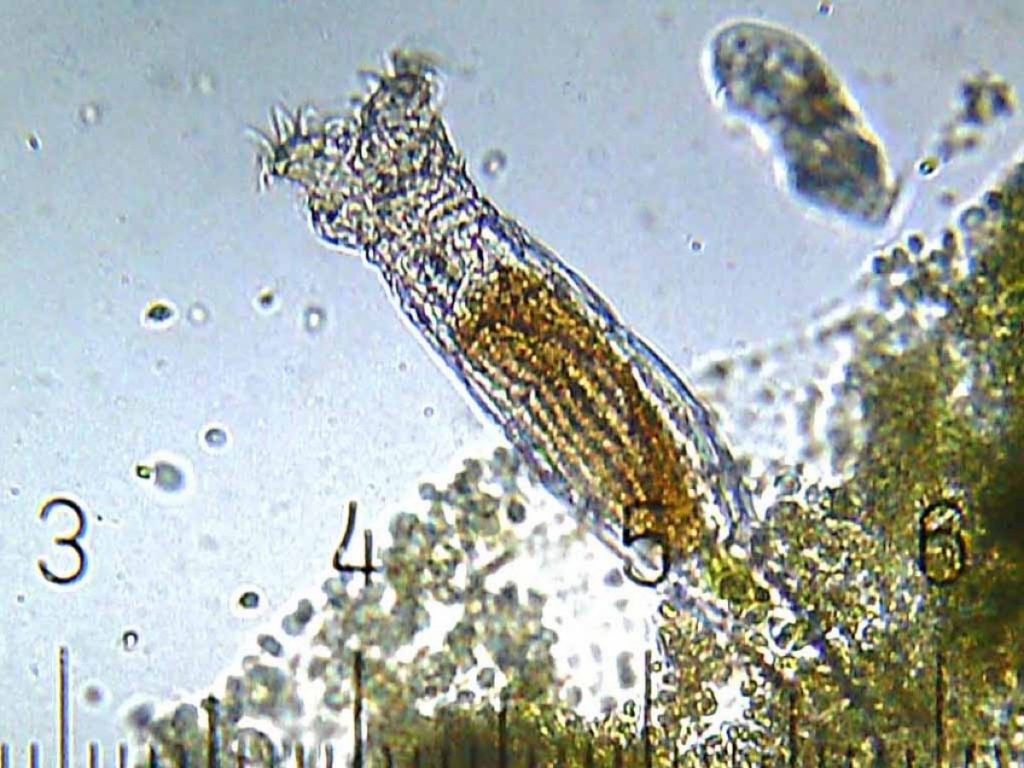
An animal frozen for 24,000 years brought back to life by scientists
A team of Russian scientists has brought a microorganism trapped in polar permafrost for 24,000 years back to life.
The bdelloïde, of the rotifer branch, is a small, multicellular organism about half a millimeter long that generally lives in freshwater environments.
Found in a frozen core extracted from Siberian permafrost, many of these specimens have been brought back to life, after 24,000 years of trapping ice according to radiocarbon dating.
Metabolism has stopped almost completely
This discovery is detailed in A a study It was published Monday, June 7, in the journal Current Biology. “Our report is the strongest evidence to date that multicellular animals can withstand tens of thousands of years in cryptorchidism, a state in which metabolism is almost completely halted,” says Stas Malavin, one of the researchers.
His team also found that the revived organisms were able to feed and reproduce.
“The conclusion is that a multicellular organism can be frozen and stored in this way for thousands of years, and then come back to life – a dream for many fiction writers,” Stas Malavin said in a statement, noting that the freezing process was not yet in place. possible for mammals.
However, this discovery could benefit research on “cryopreservation of cells, tissues, and organs of human interest”.

“Unapologetic pop culture trailblazer. Freelance troublemaker. Food guru. Alcohol fanatic. Gamer. Explorer. Thinker.”
